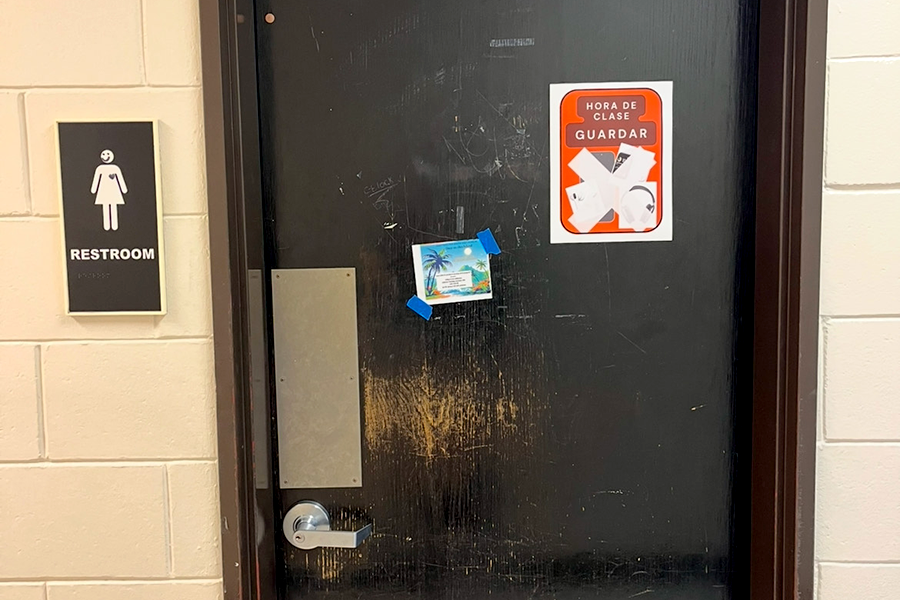For centuries, face-to-face interaction had been the most common form of communication among people. With the creation of the Internet, however, alternatives have become available. The Internet has allowed people to communicate with each other and to conduct much of their business through their computers.
According to a December 2010 Nielsen report, the average American spends more than 60 hours a month online, the equivalent of 30 days per year. Pew reports that on a daily basis 55% of Americans go online, 18% do banking, 15% use social networking sites, 10% read blogs, and 5% buy products.
For many people, the Internet is helpful because there is so much available information. South High teacher Michele Campbell thinks that having so much information online is good because it keeps her organized. Fellow South teacher Richard Nohel said, “as a reference tool, the Internet can be quite helpful.”
Like many other things, the Internet has its disadvantages. One disadvantage, according to senior Princeton Brown, is that people can get addicted to it. “I think you get too much away from real life and doing things the hard way,” said Brown.
Campbell also said that the Internet can lack security and privacy. She noted that some websites lack security so she does not think it is wise to always pay bills online.
Other students and staff said that disadvantages include having trouble getting enough sleep if you are on the Internet late at night and lack of interactions face-to-face. Sophomore Alex Pitheon also said that when you are doing a project, “It’s really tempting to go on Facebook or do messages.”
According to South High teacher Bill Ruff, more and more of our daily lives is likely to be put online in the future. “But, at some point you cannot put certain human interactions online. Humans are very social and you can never really replace a face-to-face with an online meeting,” he said.







